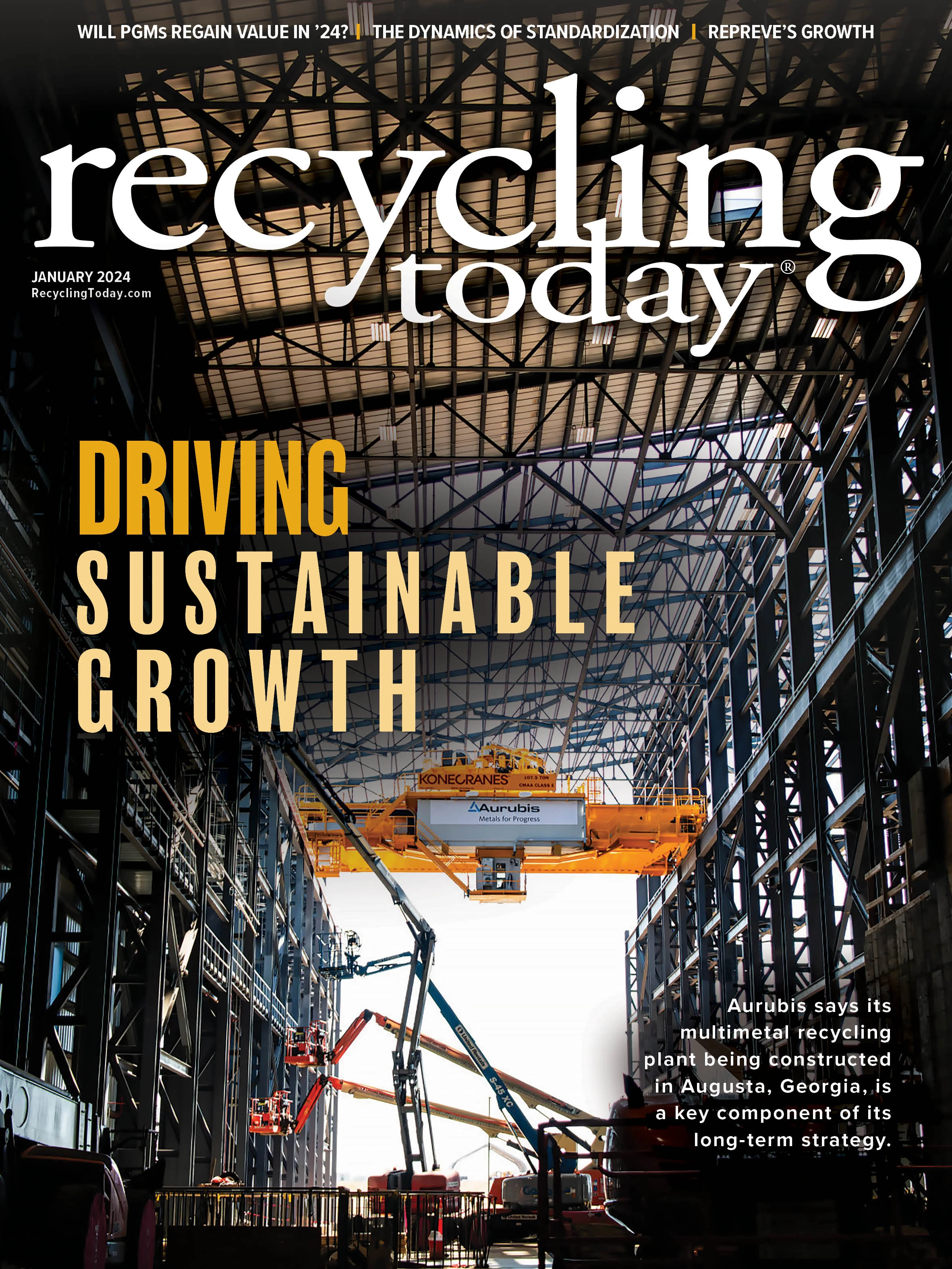1. When is the single-ram baler the better machine for the job?

MP North
America LLC
(Macpresse)
Vice President
Although most single-ram balers like the Macpresse can bale other materials, single-ram balers are best suited for processing fiber.
2. Why is a single-ram such as the Macpresse better suited for fiber applications?
Single-ram balers offer two primary benefits when it comes to baling fiber:
- The machines can process more tons per hour using less horsepower, which means they have lower electrical costs or less run time with the same horsepower as two-ram balers.
- They also can create bale weights up to 35 percent greater than two-ram balers. This means you’ll need up to half the bales required to load a truck compared with using a two ram. Also, less bale storage space is required.
3. Is OCC bridging a concern when using a single-ram baler?

OCC bridging is a concern in all balers but more so in the single-ram baler due to the width of the feed opening. However, if you have the knowledge to properly set up and feed the conveyor, the problem is usually minimal.
Some manufacturers offer options that allow operators to clear bridges without ever having to access the baler and with no downtime.
4. What kind of maintenance do single-ram balers require?
Single-ram balers require much less maintenance than two-ram balers. Single-ram balers have fewer moving parts, the tying system is built in-house and uses a less complicated design than those used on two-ram balers, with ease of maintenance in mind. Additionally, single-ram balers can be easily relined.
5. What other materials can a single-ram baler bale?
Single-ram balers such as the Macpresse can effectively and efficiently bale materials, including all types of containers—even tin cans and UBCs. Most single-ram balers have options that will allow you to bale these materials without experiencing a loss of production.

Explore the January 2024 Issue
Check out more from this issue and find your next story to read.
Latest from Recycling Today
- ReMA urges open intra-North American scrap trade
- Axium awarded by regional organization
- China to introduce steel export quotas
- Thyssenkrupp idles capacity in Europe
- Phoenix Technologies closes Ohio rPET facility
- EPA selects 2 governments in Pennsylvania to receive recycling, waste grants
- NWRA Florida Chapter announces 2025 Legislative Champion Awards
- Goldman Sachs Research: Copper prices to decline in 2026





